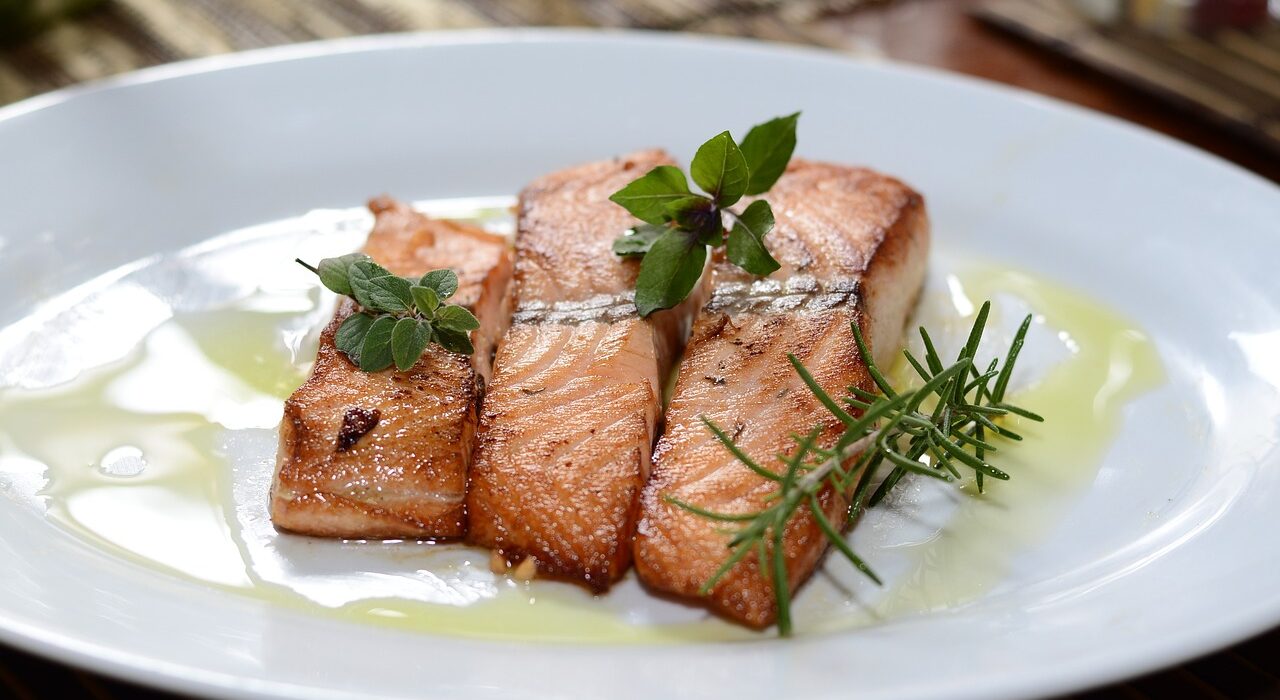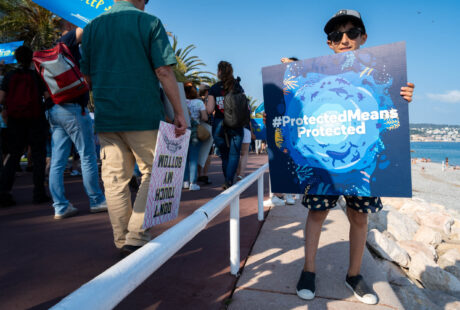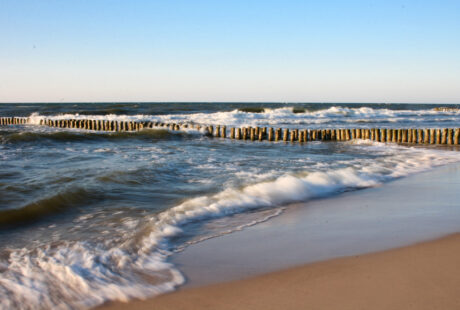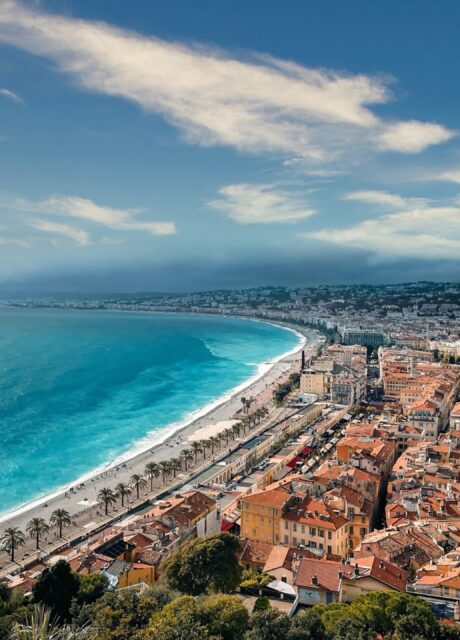Overfishing poses the most significant threat to marine biodiversity, linking European appetite for seafood to a high cost for the marine environment. Globally, overfishing has depleted fish populations, with 90% of wild fisheries classified as overfished or fished at maximal capacity. Destructive fishing practices damage the seafloor, reducing its carbon-storage capacity and causing bycatch of sensitive species.
As of March 8, 2025, Germany has consumed all of its domestically produced fish for the year. If Germany did not import fish from around the world, supermarket shelves in Germany would be empty after March 8th. The ‘End of Fish Day’ serves as a stark reminder that marine resources are not infinitely available and must be consciously managed and consumed. Relying on imports is not the answer. Given the global deterioration of marine ecosystems, shifting the burden of overexploitation to other countries, predominantly developing countries, only exacerbates the problem, adding pressure on marine ecosystems which are an essential source for food and economic stability for local communities in these countries.
Many marine species struggle due to overfishing and habitat destruction. In February, the Organisation for Economic Co-operation and Development (OECD) launched an alarm bell stressing the poor conditions of a significant part of the world’s fish populations. In the North Sea and Baltic Sea, too, several fish populations have been overfished for years, valuable species are wasted as bycatch and important habitats are destroyed by destructive fishing methods like bottom trawling.
Consuming seafood at rates that exceed what our oceans can sustainably provide is not limited to Germany but it’s a common issue across the whole EU, with a high demand for aquatic food leading to the exploitation of EU seas and beyond.
To protect the ocean and marine biodiversity, consumers should reduce their fish consumption and make it more conscious. Instead of opting for conventionally farmed salmon, which is equally unsustainable due to wild fish feed and extensive use of antibiotics, consumers should consider shifting to regional alternatives such as carp, mussels or algae, and aim for less quantity but better, fairer and low impact seafood solutions. Choices matter and can collectively drive meaningful change.
Posted on: 7 March 2025



